

Tōtara
Pegasus Health Pānui
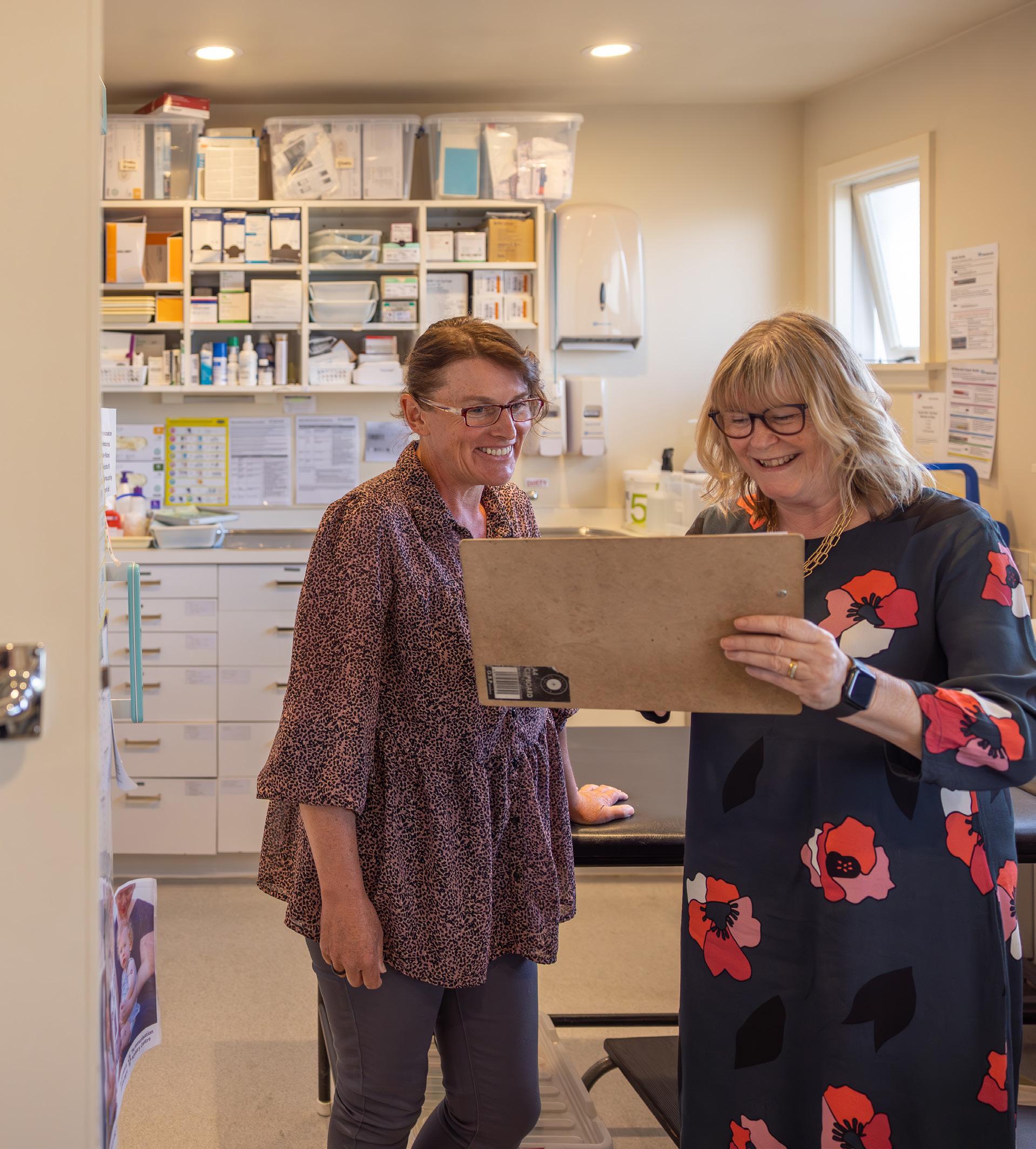
Hui-tanguru | February 2025
Putanga | Issue 05


Welcome to Tōtara Pegasus Health Pānui
Pegasus House stands on land that was previously a dense Tōtara forest. Tōtara is a name that honours our home’s past. Just like the Tōtara tree that thrives in the forest, soaring towards the sky and Ranginui, we create this newsletter with the aim of highlighting excellence in primary care and to support others to similarly flourish and strengthen.
Each issue of Tōtara Pegasus Health Pānui features stories, interviews, and new initiatives from across Waitaha Canterbury.
Tōtara Pegasus Health Pānui is produced by the Communications Team at Pegasus Health. Content within Tōtara Pegasus Health Pānui has been included with the approval of content providers. If you wish to reproduce, alter, or transmit any of the information or images contained within, please contact communication@pegasus.org.nz.
If you have a story, you would like our team to cover, please email communication@pegasus.health.nz
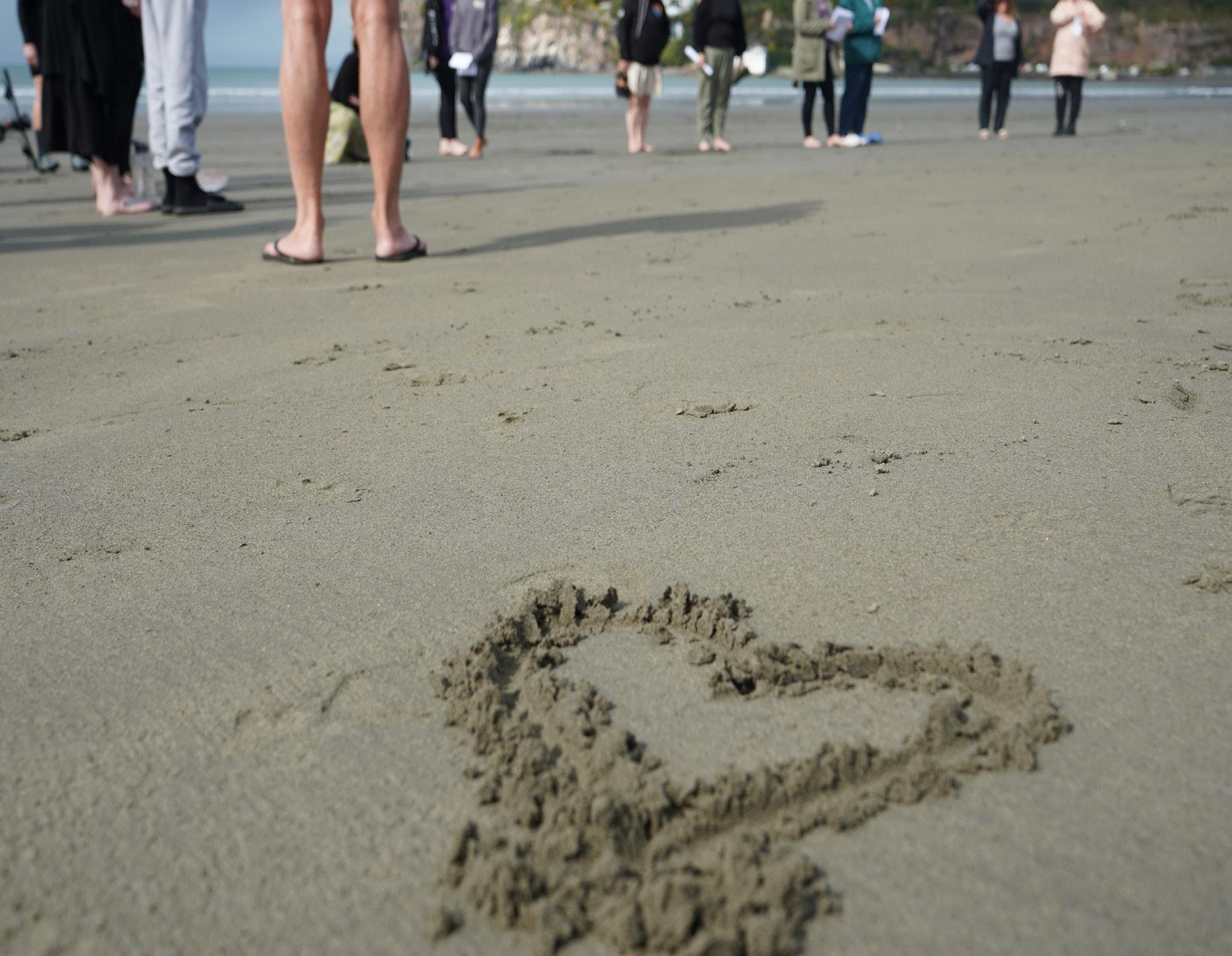
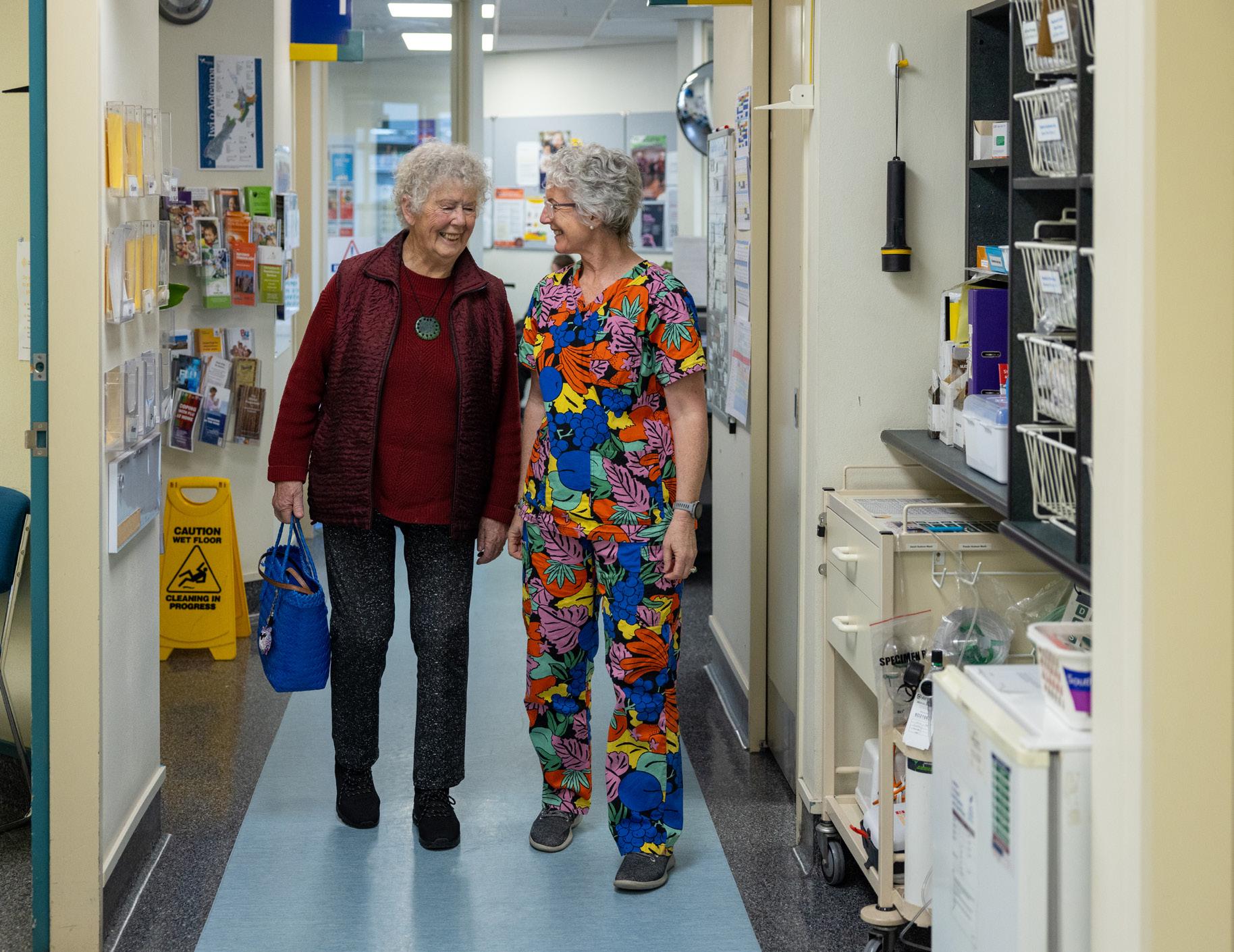
Pegasus Health
Pegasus Health is a charitable organisation committed to improving health outcomes for the people of Waitaha Canterbury, through innovation in service design and delivery, enabling and supporting primary care teams, collaboration with partners and continuous improvement.
We are dedicated to ensuring that all people have access to the primary health care they need, when they need it, closing the health equity gap and investing in healthy lifestyles and screening services.
Our purpose is by 2030, the health outcomes for people in our takiwā have improved substantially with a significant reduction in inequities in access and outcomes.
Our values of Inclusive, Strive, Connection, and Integrity, are underpinned by our guiding principle of Manaakitanga, to create the fabric of our ways of being as an organisation.
Pegasus has a commitment to ensure that we overtly, purposefully, and strategically thread equity and Te Tiriti o Waitangi through all we do and how we operate.
We ensure equity is prioritised in our considerations, structures, decisions, and processes so that we are able to improve the health outcomes of all people and communities in Waitaha Canterbury.

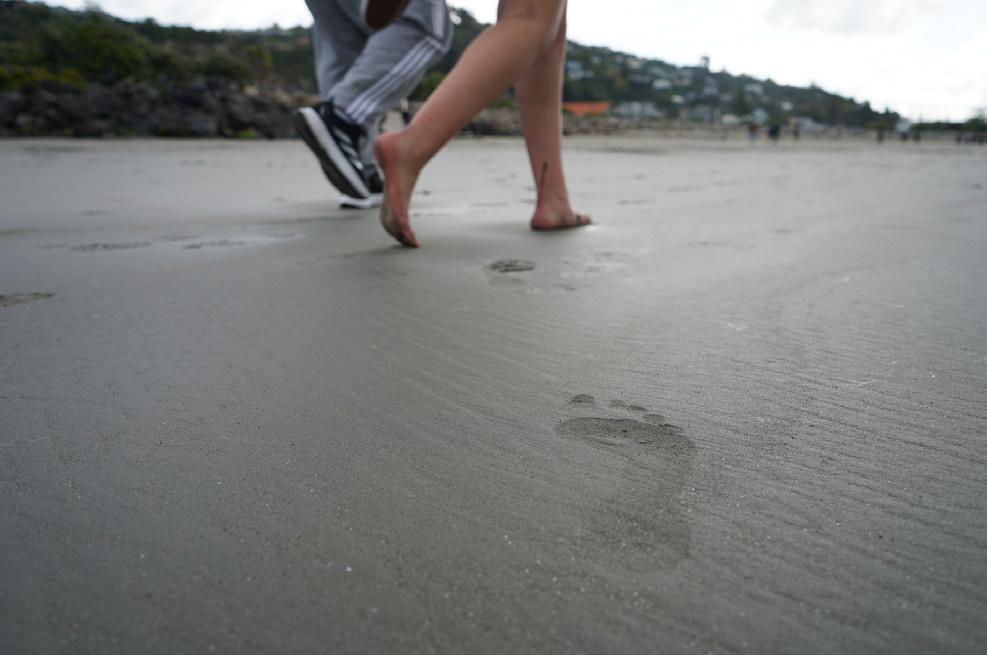
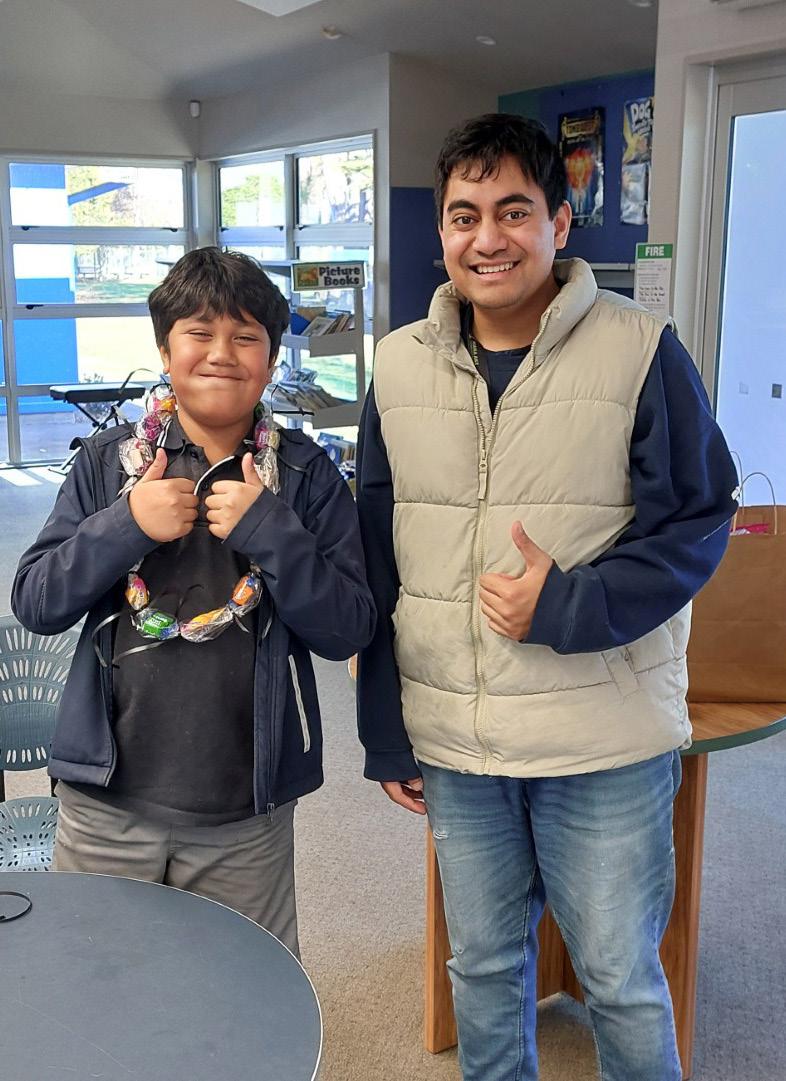
Message from the Chief Executive,
Kim Sinclair-Morris
Kia ora koutou,
Welcome back to a new year. I hope many of you were able to spend meaningful moments with whānau and friends over the holiday break.
This month’s pānui highlights the power of teamwork and innovation in shaping the future of healthcare.
At Ilam Medical Centre, impressive progress has been made in improving immunisation rates, with tailored strategies, including staff training and flexible scheduling. With a continued national focus on increasing two-year immunisation rates and reducing disparities for Māori tamariki, Ilam’s efforts highlight how targeted initiatives can create meaningful progress.
We also celebrated the future leaders of healthcare through the Students in Over Summer (SIOS) programme. It’s inspiring to see these students develop their skills, passion, and understanding of the role primary healthcare plays in our communities. I look forward to working alongside them in their future careers.
Nāu te rourou, nāku te rourou, ka ora ai te iwi”
With your basket and my basket, we will sustain everyone.
As we navigate ongoing changes across the health system, these first weeks of the year have been a time for planning and focusing on what lies ahead from a system perspective, ensuring we align our efforts to support equitable and accessible primary health care.
I look forward to hearing all the amazing mahi happening throughout our network this year and celebrating the stories that inspire and motivate us.
Ngā mihi nui,
Kim Sinclair-Morris Manukura | Chief Executive Officer
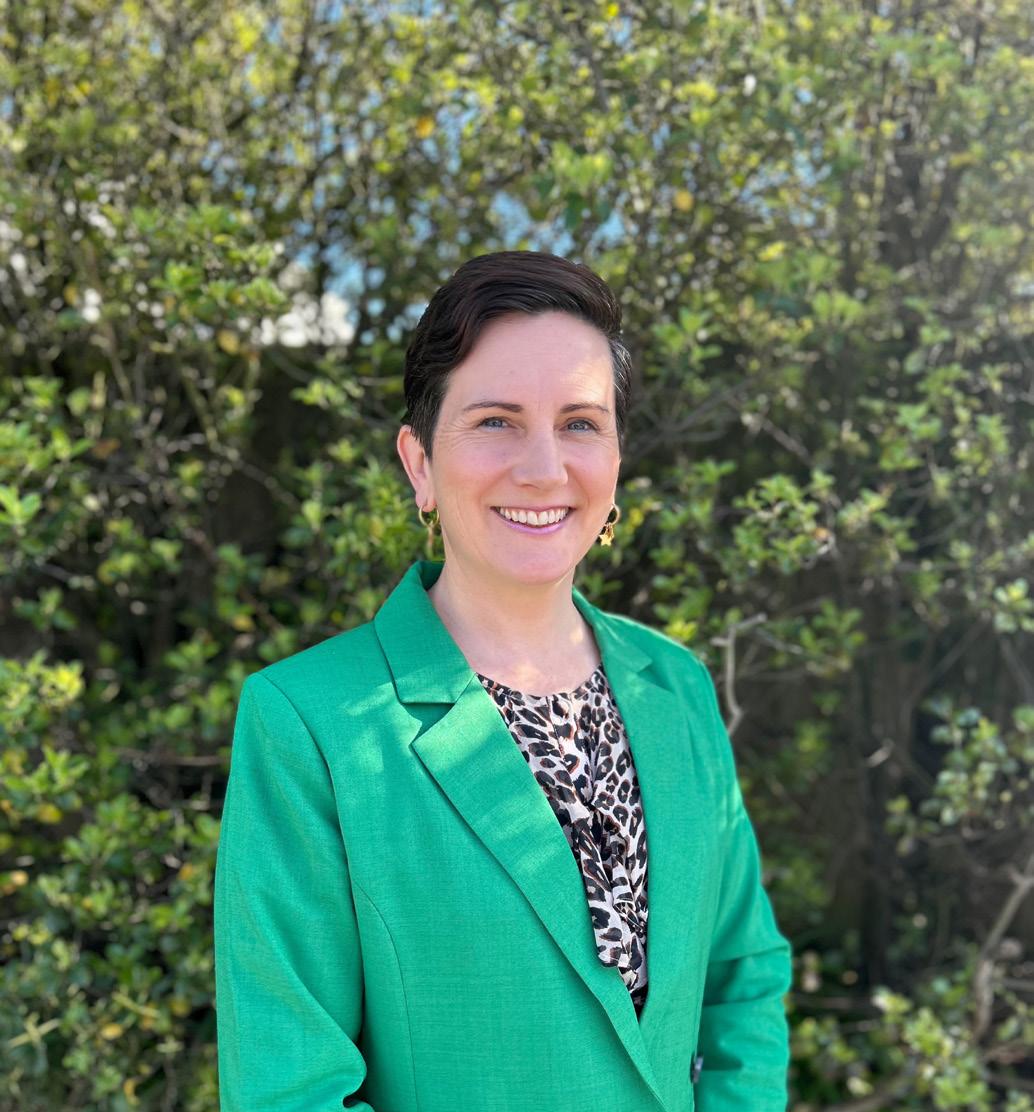
Diamond Harbour Medical Centre: A Community-Led Transformation
Diamond Harbour Medical Centre’s recent extension and renovation has transformed how it delivers care, allowing for more appointments and improved patient services. The clinic now boasts two consultation rooms, an observation room, a dedicated space for nurses to see patients, a staff room, and additional facilities. Previously, limited space meant only one doctor could work at a time, creating bottlenecks for patients.
Dr. Bronwyn Graham has been with the centre for over a decade. “The extra space means I can work additional shifts which I couldn’t before even if I wanted to because we didn’t have the consultation rooms,” she said.
Practice Manager, Melanie Winchester, explains the difference the new observation room makes: “Before, if a patient needed observation, they took up our consultation room, so we had to use the waiting room, even for procedures like blood tests. Now, we can provide better care and privacy.”
The additional space also allows the centre to expand its services. “We will now have nail trimming, a dietician, and a physiotherapist working days here because we finally have the room to accommodate them,” Melanie said. “With no spare rooms, we couldn’t do that previously.”
The transformation was made possible by extraordinary community support. “The community raised an incredible
amount through events like breakfasts, quad biking, and even a wedding dress display,” Dr. Graham said. “It was uplifting to see how much they value us.”
First built in 1991 to serve a small community, the clinic has faced increasing demand due to Diamond Harbour’s rapid growth, necessitating a larger, more versatile space to accommodate everyone from newborns to seniors and all ages in between.
Accessibility has also been prioritised with the addition of a new entrance, and plans are already in place to install solar panels, making the centre more sustainable. With these changes, the medical team can now meet the needs of a rapidly growing population, offering more appointments and a wider range of care options.
With these changes, Diamond Harbour Medical Centre is better equipped to meet the needs of the community today and into the future.
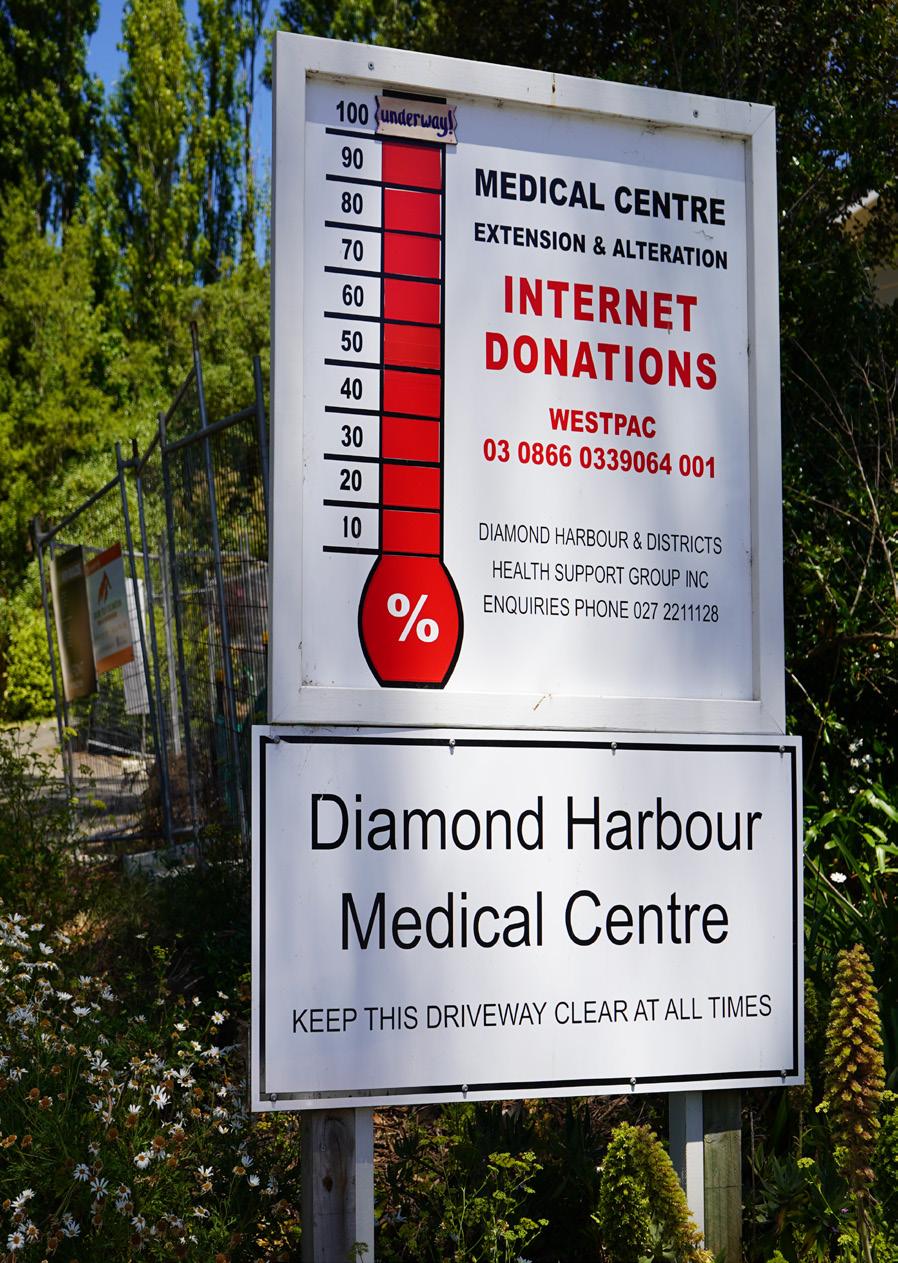
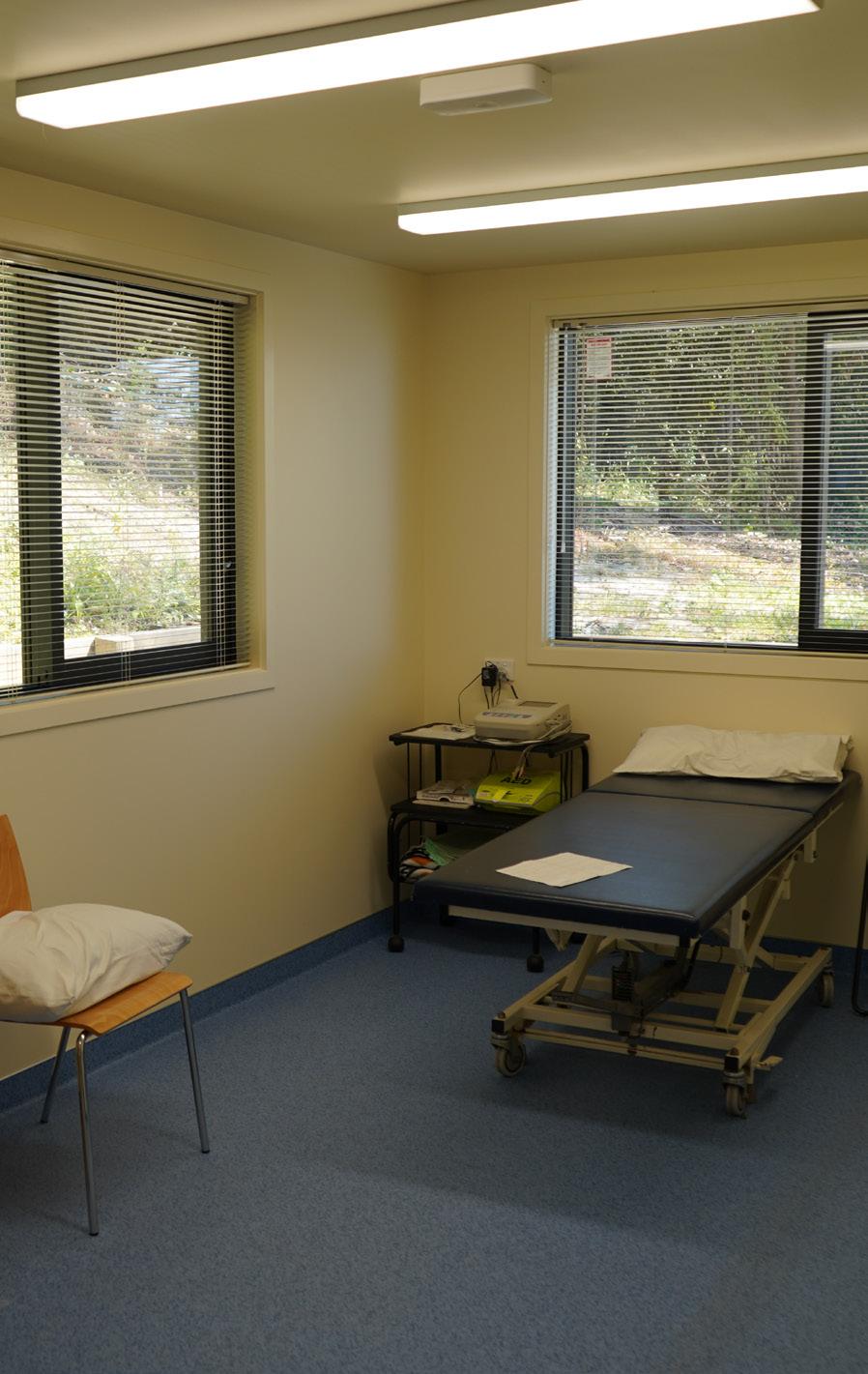

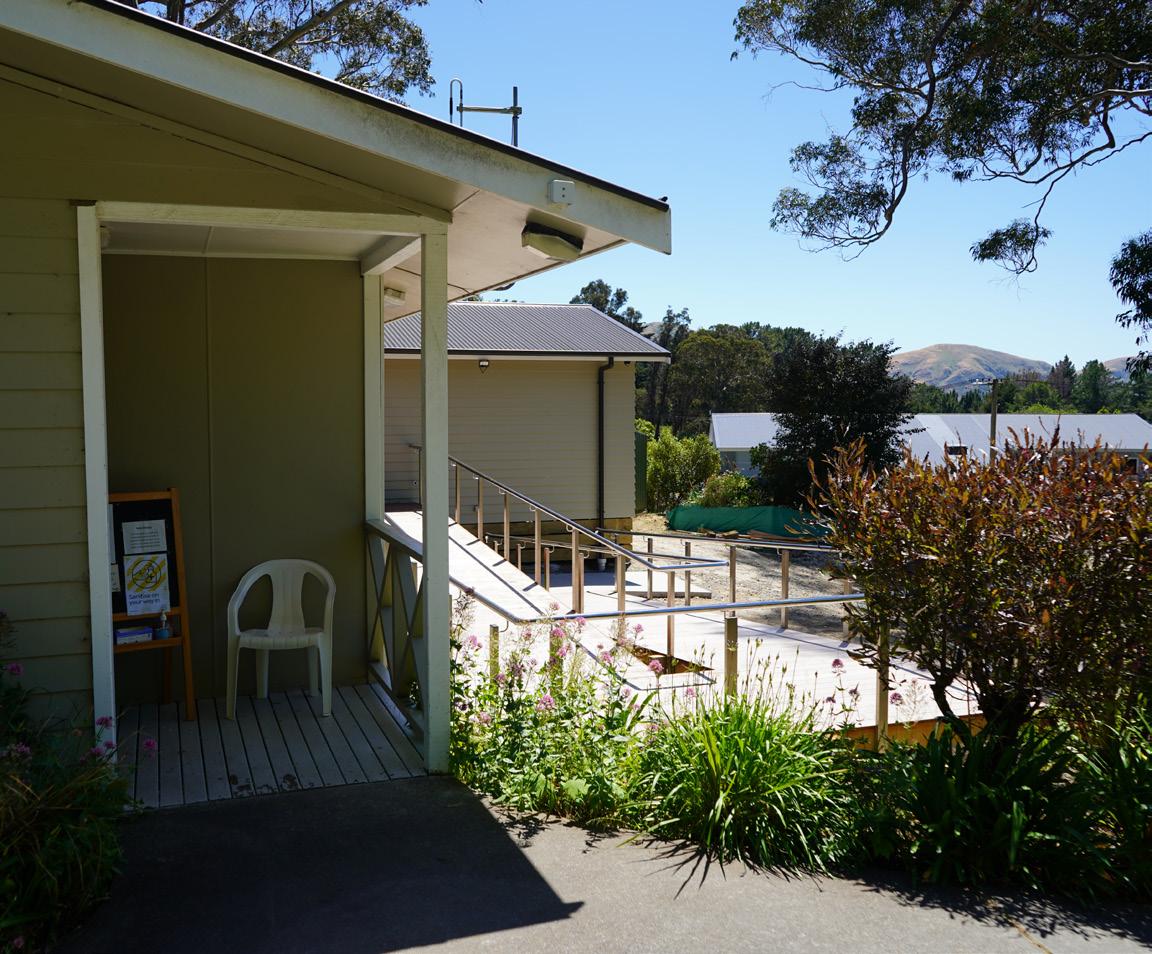
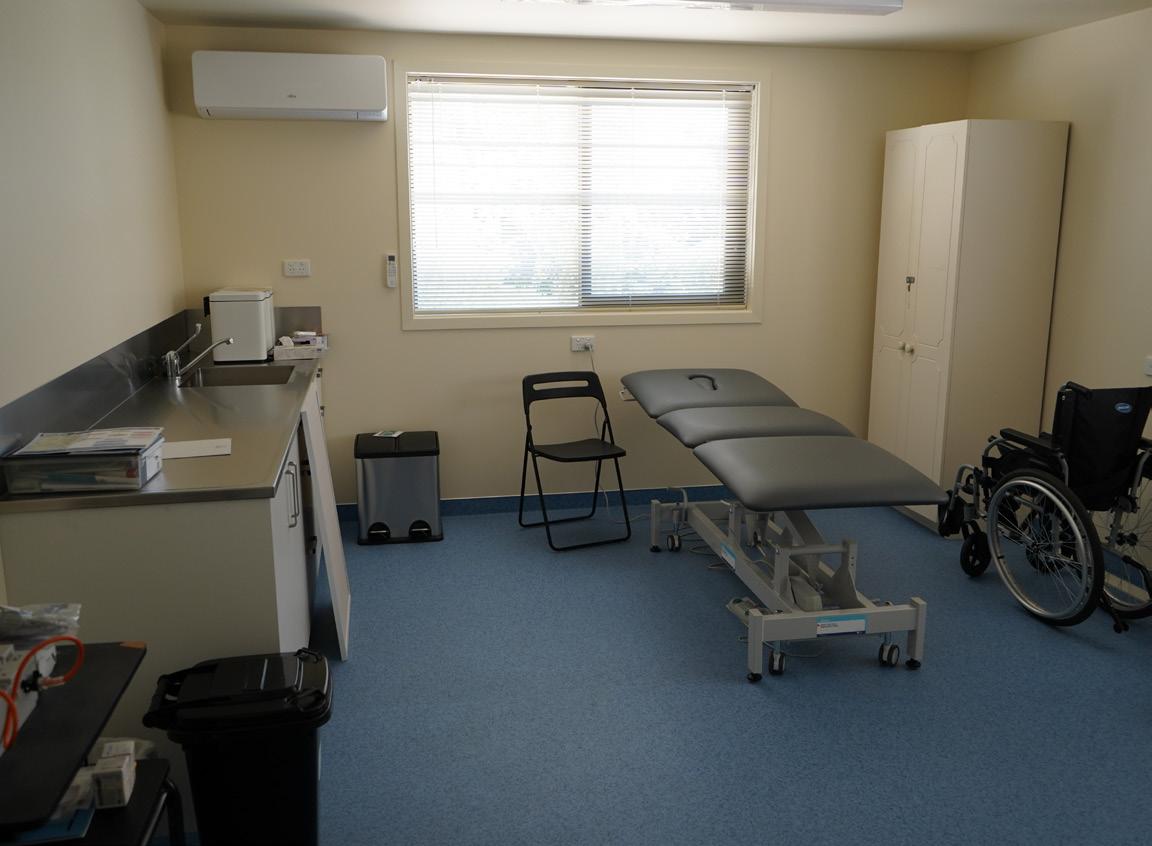
View from Diamond Harbour Clinic
Diamond Harbour Donation Tracker
Diamond Harbour Clinic Entrance
Diamond Harbour Clinic New Space Renovated Diamond Harbour Treatment Room
Empowering Pacific Tamariki Through Mana Ake
Mana Ake is a vital programme in Waitaha Canterbury, dedicated to supporting the mental health and wellbeing of tamariki in Years 1 to 8, alongside their whānau and education providers. Through a collaborative effort involving 13 community agencies, kaimahi deliver tailored support in schools, homes, and workshops for parents, whānau, and kaiako (teachers).
One standout initiative is Building Pacific Fanau, a group programme created by Pacific kaimahi to help Pacific tamariki navigate mental health and wellbeing while embracing their cultural identity.
In 2024, seven schools from three Kāhui Ako (Communities of Learning), Kātote, Puketeraki, and Tipu Māia, partnered in North Canterbury to run the programme. Over the course of a term, 25 Pacific students engaged in sessions held one day a week at three schools. The programme introduced tamariki to key Pacific concepts, such as:
• Nurturing the Vā: Building balanced relationships based on personal values.
• The Fonofale Model: A Pacific well-being framework centred on foundational supports, strengths, and aspirations.
Each session explored themes including emotions, identity, self-esteem, language, and Pacific traditions.
Tamariki formed strong connections with their peers and culture, grew their own understanding of their language, gained pride in their whakapapa, and demonstrated an openness to seeking further support.
Kura staff also benefited, with learning support coordinators and principals reflecting on the programme’s impact. One shared, “It’s so nice seeing the students proud to be Pacific. On the car rides back to school, they couldn’t stop talking about the sessions.” Another staff member added, “I learned so much about my students and their culture, which will help me support them better in school.”
Kaimahi facilitating the sessions noted, “It was amazing to see the tamariki connect with others and come out of their shells, eager to learn more about themselves and their Pacific culture.”
A student commented, “There’s not a lot of Pacific stuff in North Canterbury, so I loved mixing with other Pacific students.”
The programme’s success extended beyond the sessions, with kaimahi and schools identifying tamariki and whānau who could benefit from additional support. While the term-long initiative concluded in 2024, Mana Ake is committed to running another term in North Canterbury in 2025, continuing to empower Pacific tamariki and their communities.
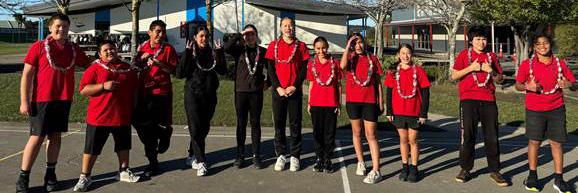
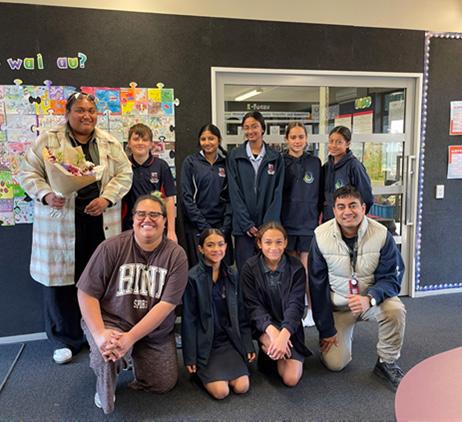
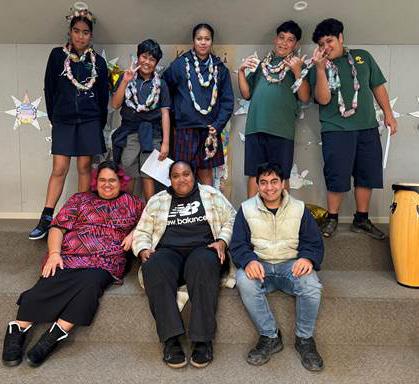
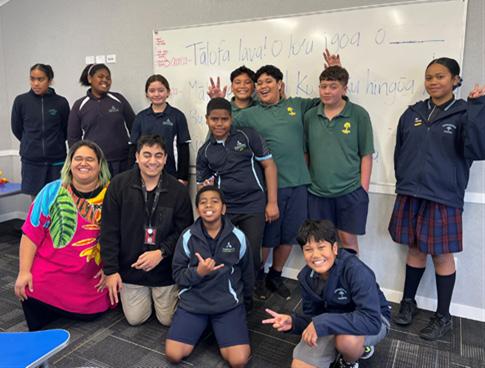
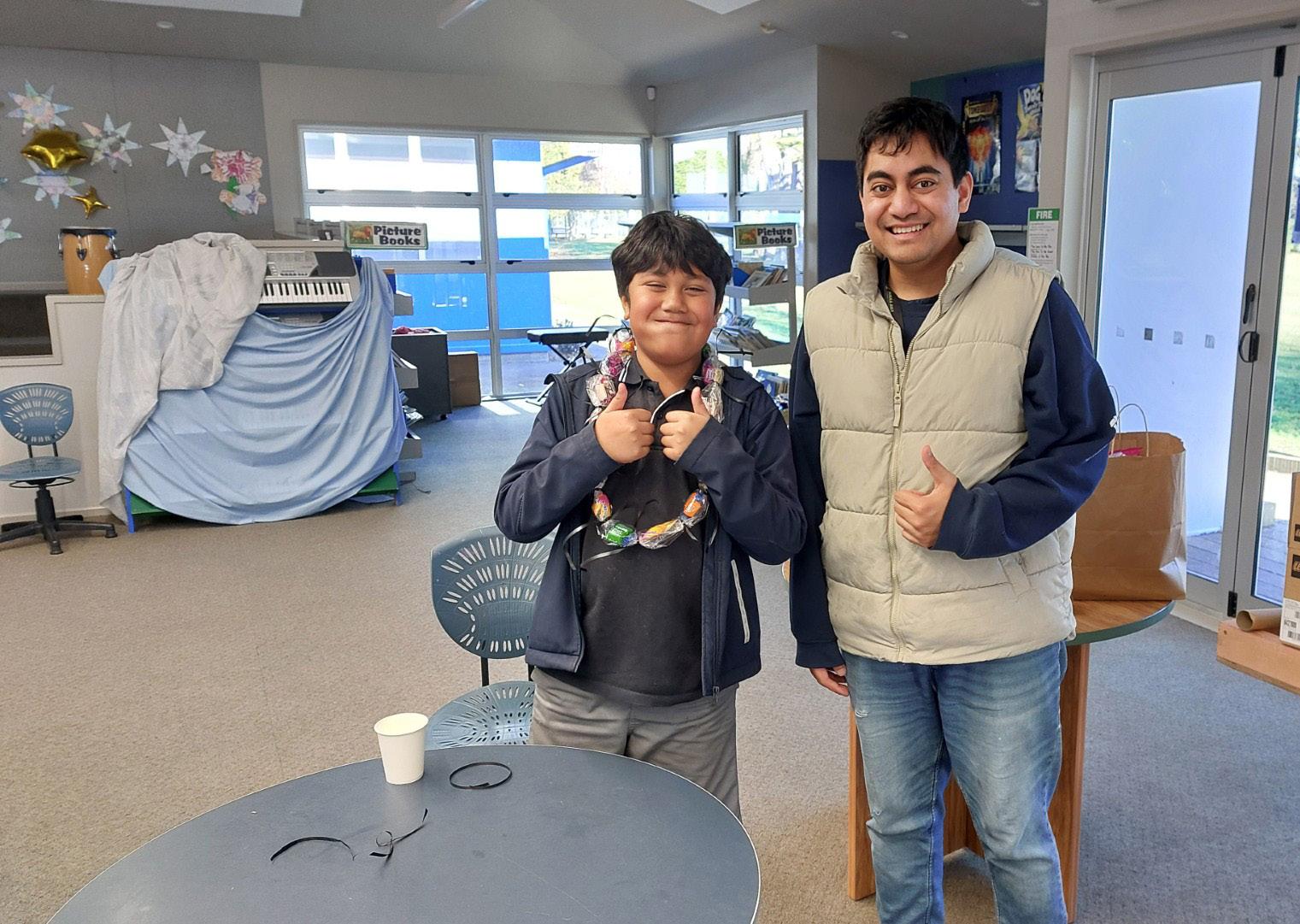
Mana Ake Youth Outdoors
Mana Ake Youth School Meetup
Mana Ake Youth School Meetup
Mana Ake Youth & Parent
Mana Ake Youth School Meetup
Stepping into Primary Healthcare: Students in the Over Summer Programme
The Students in Over Summer (SIOS) programme is more than just an internship, it’s a journey of learning, collaboration, and inspiration.
Each year, Pegasus welcomes a group of interns through the SIOS Programme, providing aspiring health professionals with hands-on experience and a deeper understanding of primary health care.
The 2024 intake featured five students from social work, nursing, and health science, who were tasked with collaboratively evaluating the SIOS programme to enhance it for future participants.
A highlight of their time was shadowing patient and provider service teams at Pegasus and observing health professionals in primary care. Visits to general practices across St Martins, Papanui, Kaiapoi, and Riccarton offered firsthand insights into the daily roles of GPs, nurses, and other primary care professionals.
“We had no idea how many services Pegasus offers—it was eye-opening,” second-year Health Science student at UC, Rai, said.
The interns also gained essential skills through workshops held by Pegasus staff on public speaking, motivational conversations, and disability and accessibility in healthcare.
Students were also able to put their skills into practice at the AFFIRM24 event in Aranui.
“It was amazing. I got to practice health checks like blood pressure and blood sugar while working as part of a team. I’ll definitely be volunteering every year,” second-year Nursing student at ARA Institute of Canterbury, Nikki, said.
For many, the programme shifted their perspectives on healthcare careers.
“Our studies are mainly based on secondary care, but I now see how broad and impactful primary care is and has inspired me to pursue this area,” Master of Nursing Science student at University of Otago, Naz, said.
As the programme concluded, the students presented their evaluation findings to a group, laying the groundwork for future interns to build upon.
Rai offered advice for future participants. “Just do it—take it all in, and don’t be afraid to ask questions. That’s what this opportunity is for,” she said.
Nurture the seed and it will grow
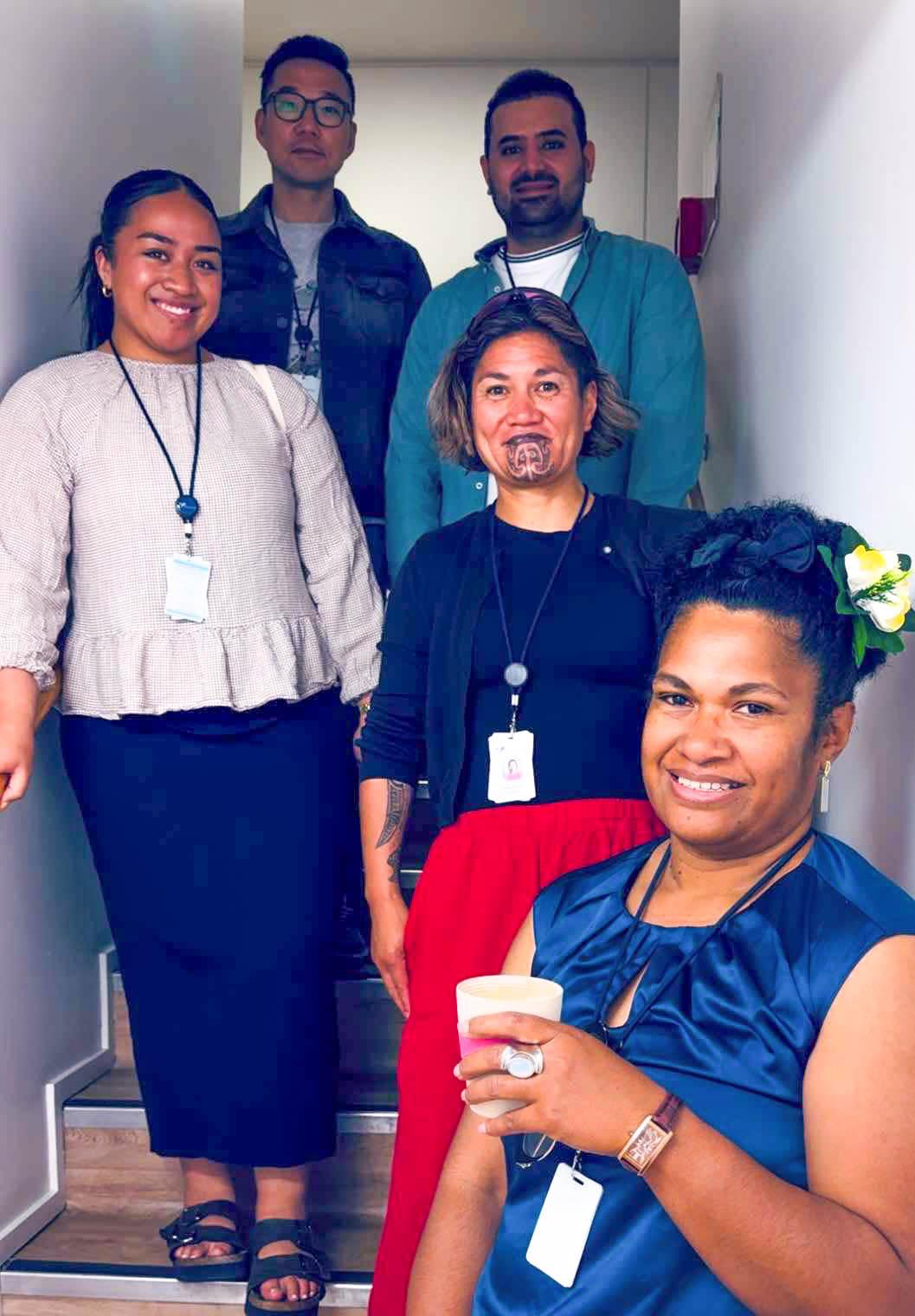
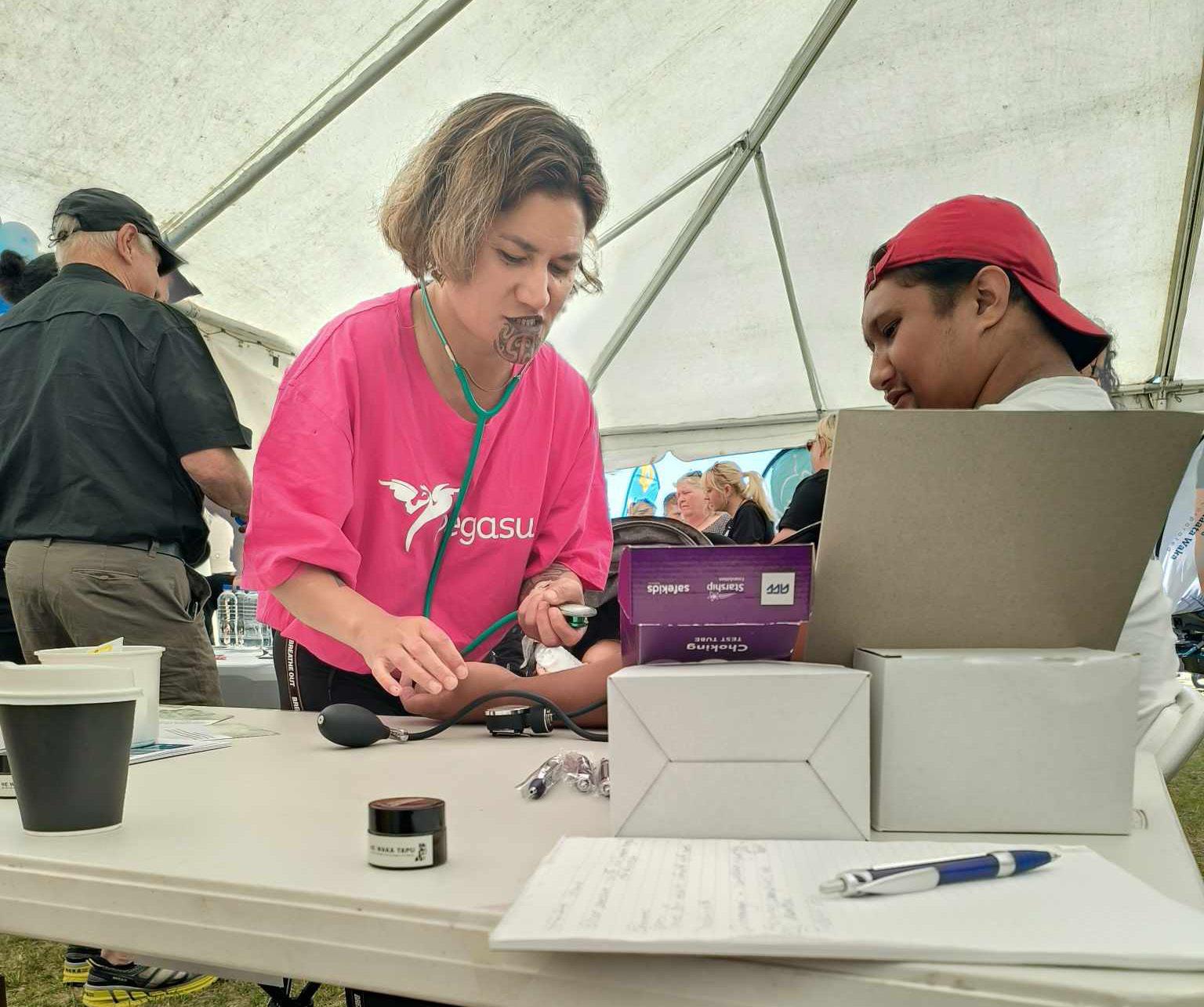
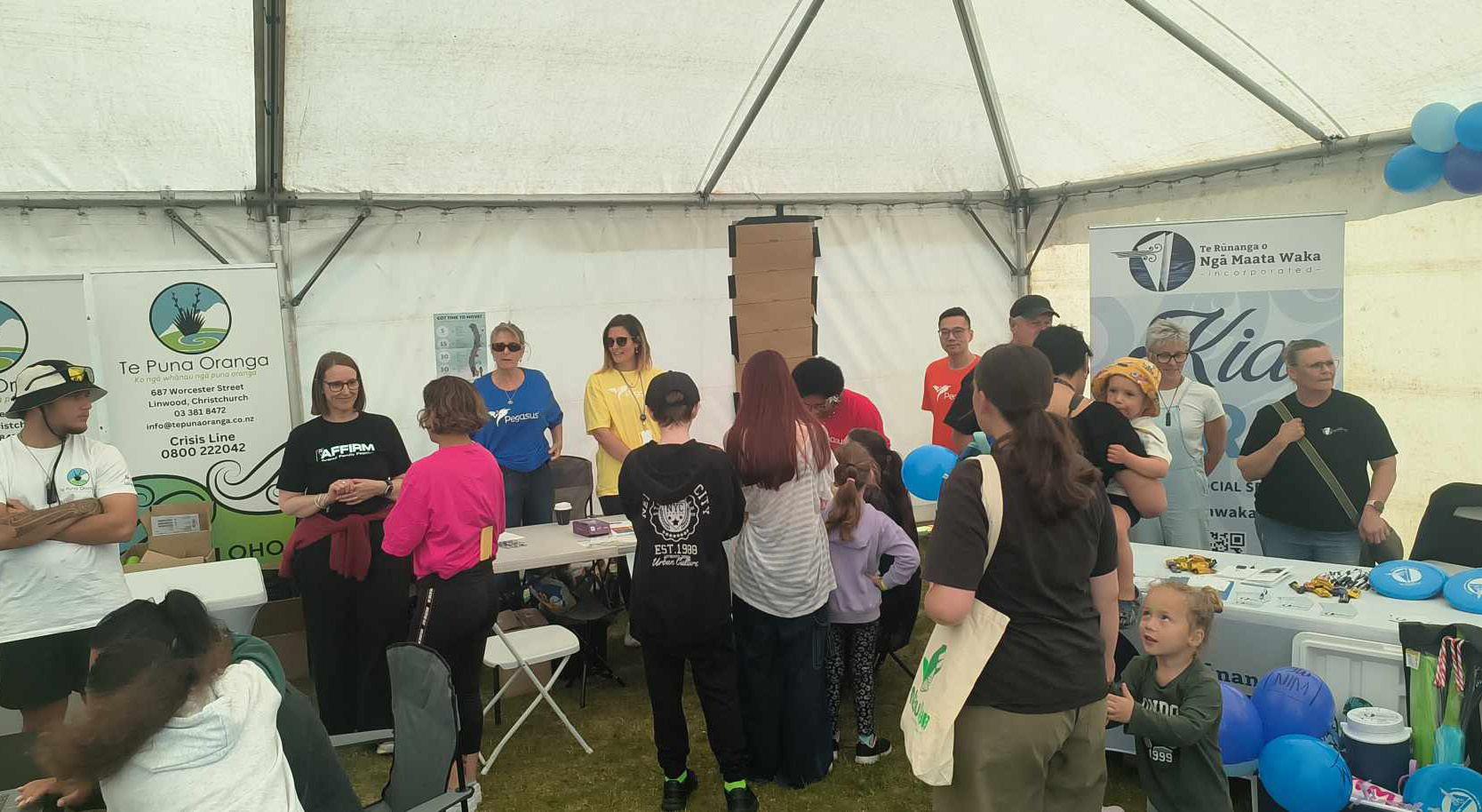
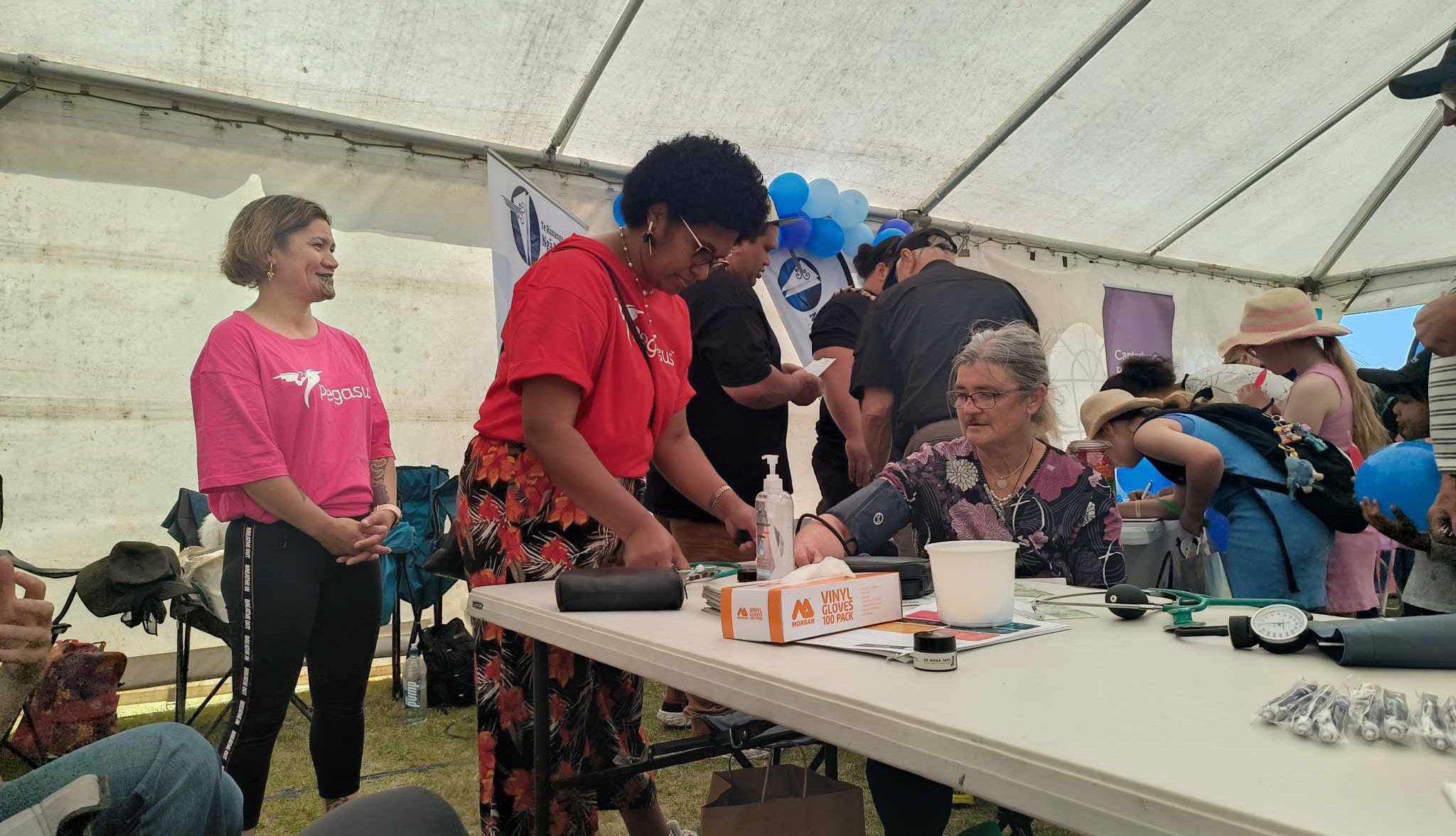
Poipoia te kākano kia puawai
Ilam Medical Centre’s Success with Immunisation Recall
Ilam Medical Centre has improved immunisation rates, particularly for the Bexsero vaccine, which protects against Meningococcal B. Bexsero is included in the National Immunisation Schedule for infants and is also funded for children under five until August 2025 to increase uptake.
The centre implemented a targeted recall programme to reach eligible families. This included mass emails, patient portal messages, and incorporating vaccine promotion into regular childhood health checks. Over time, they found text messaging and phone calls to be most effective in encouraging parents to book appointments.
To address vaccine hesitancy, Ilam Medical Centre collaborated with Pegasus Health Immunisation Coordination Team Lead, Rachael Prestidge, to provide training for nurses.
“Our nurses were struggling with the increase in difficult conversations around vaccine hesitancy, so we reached out to Rachael to help them build confidence in having these conversations,” Ilam Medical Centre Lead Nurse, Kate Boys said.
The practice dedicates time for immunisation recalls, assigning a specific nurse to manage the process. Having a dedicated immunisation nurse has proven invaluable.
“This role is not only a resource for
parents but also for other staff, including our doctors,” Kate said. “It ensures consistency and reliability in our immunisation efforts.”
Understanding the challenges parents face, the team offered flexible scheduling, allowed families to bring siblings along if needed, and provided additional support through a support worker for those with transport or logistical issues.
A proactive approach to recalls and a strong focus on patient engagement have helped Ilam Medical Centre achieve high vaccination rates, including for Bexsero. By tailoring their strategies to meet the needs of their community, the practice has made immunisation more accessible and supported families in protecting their children’s health.
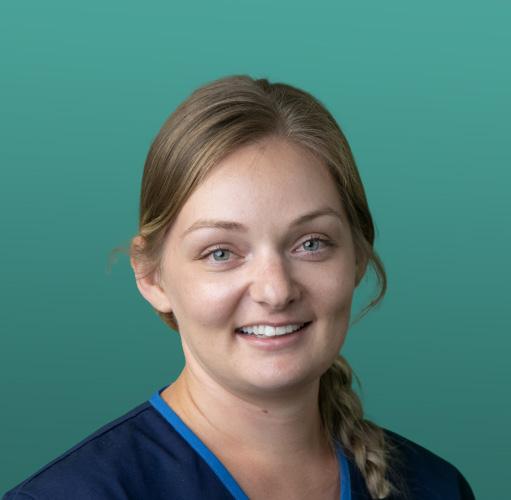
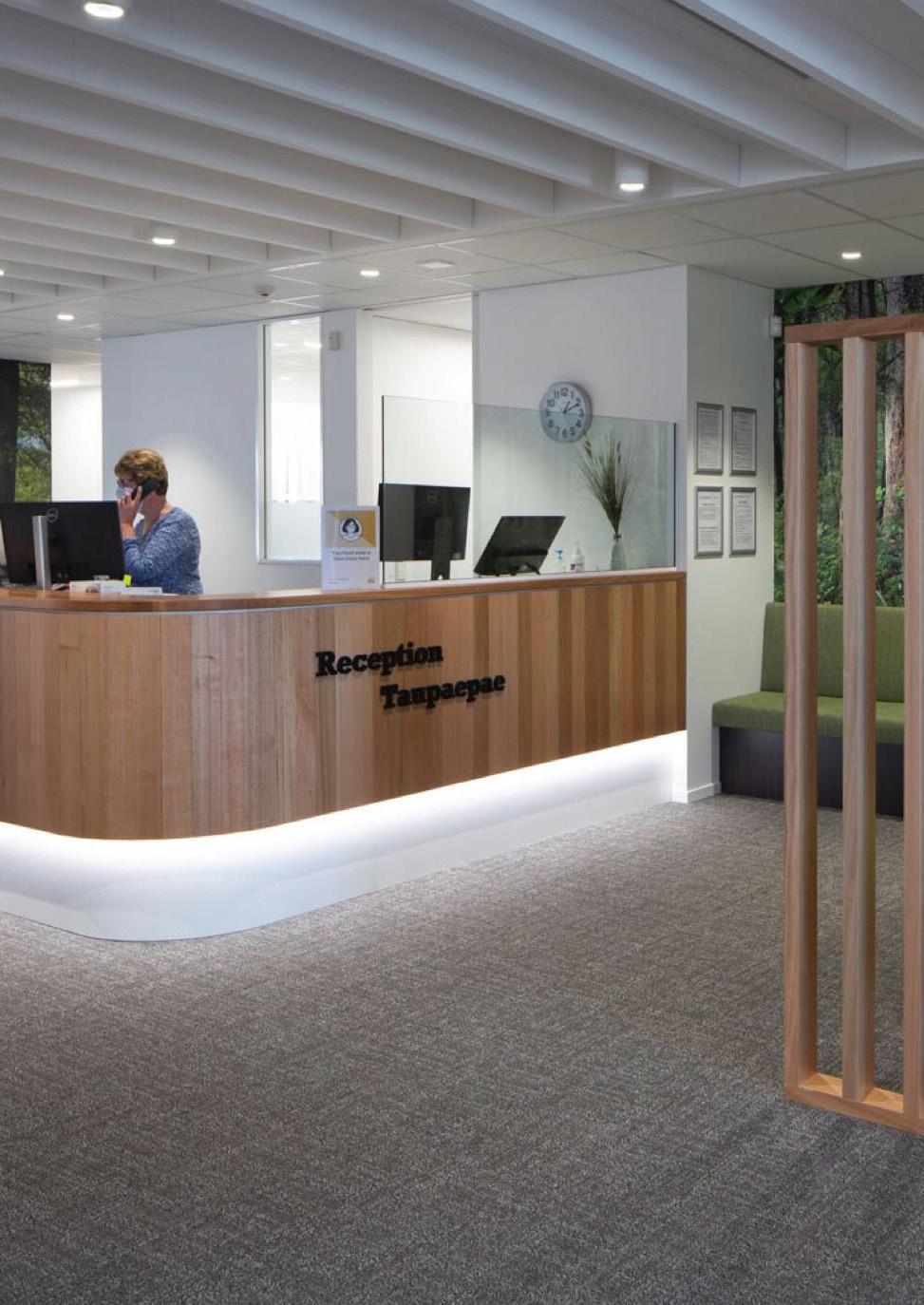
Hints and Tips for Effective Immunisation Recall
Tailor Communication Channels
• Use text messages or phone calls for a personal touch and higher response rates.
• Supplement with mass emails or portal messages for initial outreach.
Train
Your Team
• Invest in training for nurses to navigate vaccine-hesitant conversations effectively.
• Ensure all staff are informed about the vaccine schedule and eligibility criteria.
Have an Immunisation Champion
• A dedicated nurse streamlines recall processes and serves as a go-to resource for both staff and patients.
Be Flexible with Appointments
• Offer times that suit busy families, and consider including siblings in the appointment.
Overcome Barriers
• Identify barriers like transport and provide support through community resources or support workers.
Include Proactive Messaging
• Encourage parents to prepare for appointments, such as administering paracetamol beforehand, to reduce postvaccine discomfort.
Leverage Technology
• Use your patient management system to identify eligible patients and schedule recalls systematically.
Be Persistent
• Follow up with families who miss appointments and offer tailored support to help them attend.
Learn from Feedback
• Regularly evaluate your recall strategy and adapt to what works best for your community.
Integrating Paramedics into General Practice
Paramedics, long associated with emergency response, bring a wealth of expertise in acute care, patient assessment, and unscheduled visits. Across Aotearoa, paramedics are increasingly being seen as a valuable member of general practice teams. Their knowledge and skills let them help meet rising health care demands and improve accessibility and outcomes for patients with complex needs.
When experienced paramedic Stuart Cook approached Dr Sue Fowlie, owner of Rakaia Medical Centre, his enthusiasm to join a practice resonated with her vision and past experience. Sue, inspired by the successful inclusion of paramedics in rural Scotland, saw the potential despite challenges like legislation, funding, and workload balance. By strategically addressing time-consuming tasks such as routine patient monitoring or follow-up care, with the backing of a supportive team, paramedics can significantly enhance practice efficiency and patient care.
Transitioning Stuart from the fast-paced world of paramedicine to the structured environment of primary care required adjustments. Sue dedicated a week to his onboarding, helping him adapt to triage, acute patient assessment, and the collaborative rhythm of the practice. “I don’t think one model fits every situation, the idea fits but the GP and paramedic need to be open to
changes,” Stuart shared.
The benefits extended beyond Stuart’s role. Nurses collaborated with him, sharing skills like wound care and immunotherapy, while he eased their workload by handling urgent cases. This synergy underscored the importance of teamwork in delivering comprehensive care.
For practices considering this model, Sue advises, “Sit down with your team and ask, where do we need to support? How could this work? The whole team needs to be on board.”
Rakaia Medical Centre’s approach is inspiring other clinics. With legislative changes enabling greater paramedic involvement, this small town is setting an example of how innovation and teamwork can transform healthcare for their community.
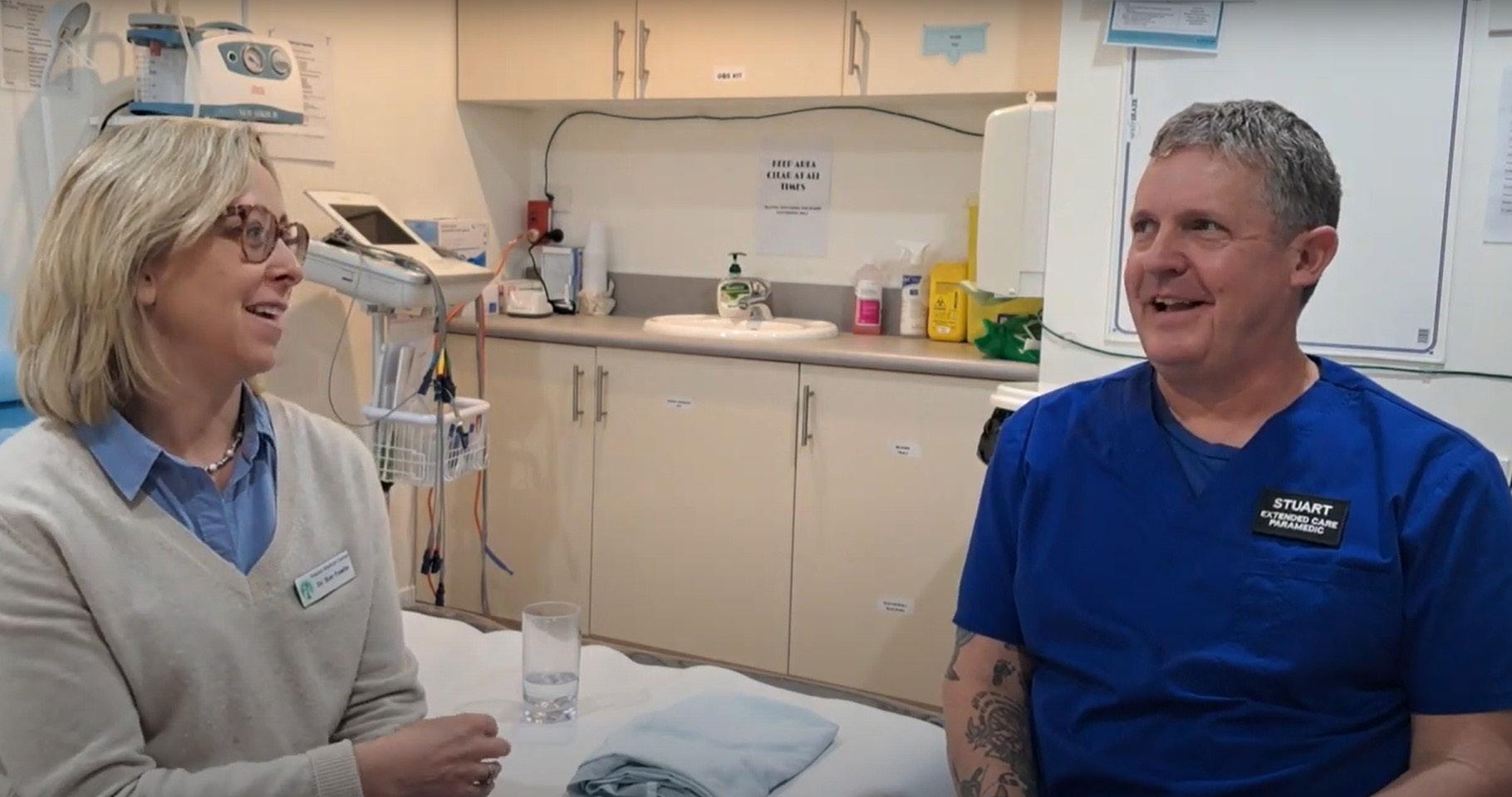
Dr Sue Fowlie (left) with paramedic, Stuart Cook.
We want your feedback
If you have feedback on this issue or would like to share a suggestion for a story in our next issue please contact communication@pegasus.health.nz.
Tōtara Pegasus Health Pānui is produced by the Communications Team at Pegasus Health. Content within Tōtara Pegasus Health Pānui has been included with the approval of content providers.
If you wish to reproduce or alter and transmit any of the information or images contained within, please contact communication@pegasus.org.nz Phone: +64 3 379 1739
A problem is solved by continuing to find solutions
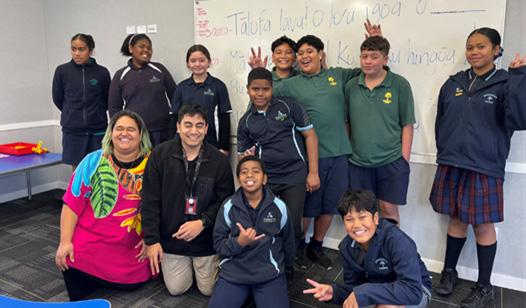

P.O Box 741 Christchurch 8140
I orea te tuatara ka puta ki waho
